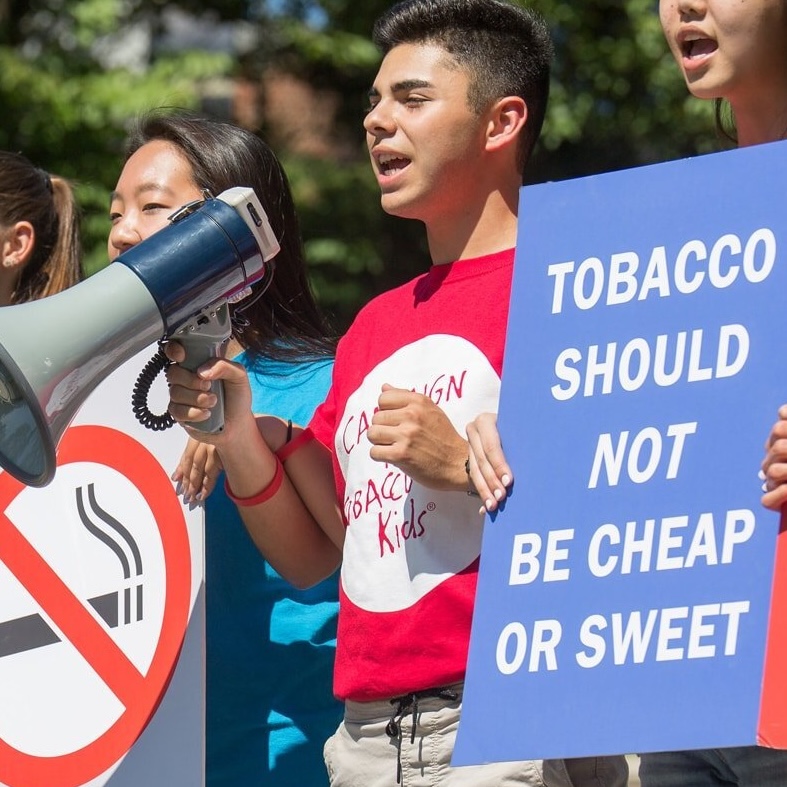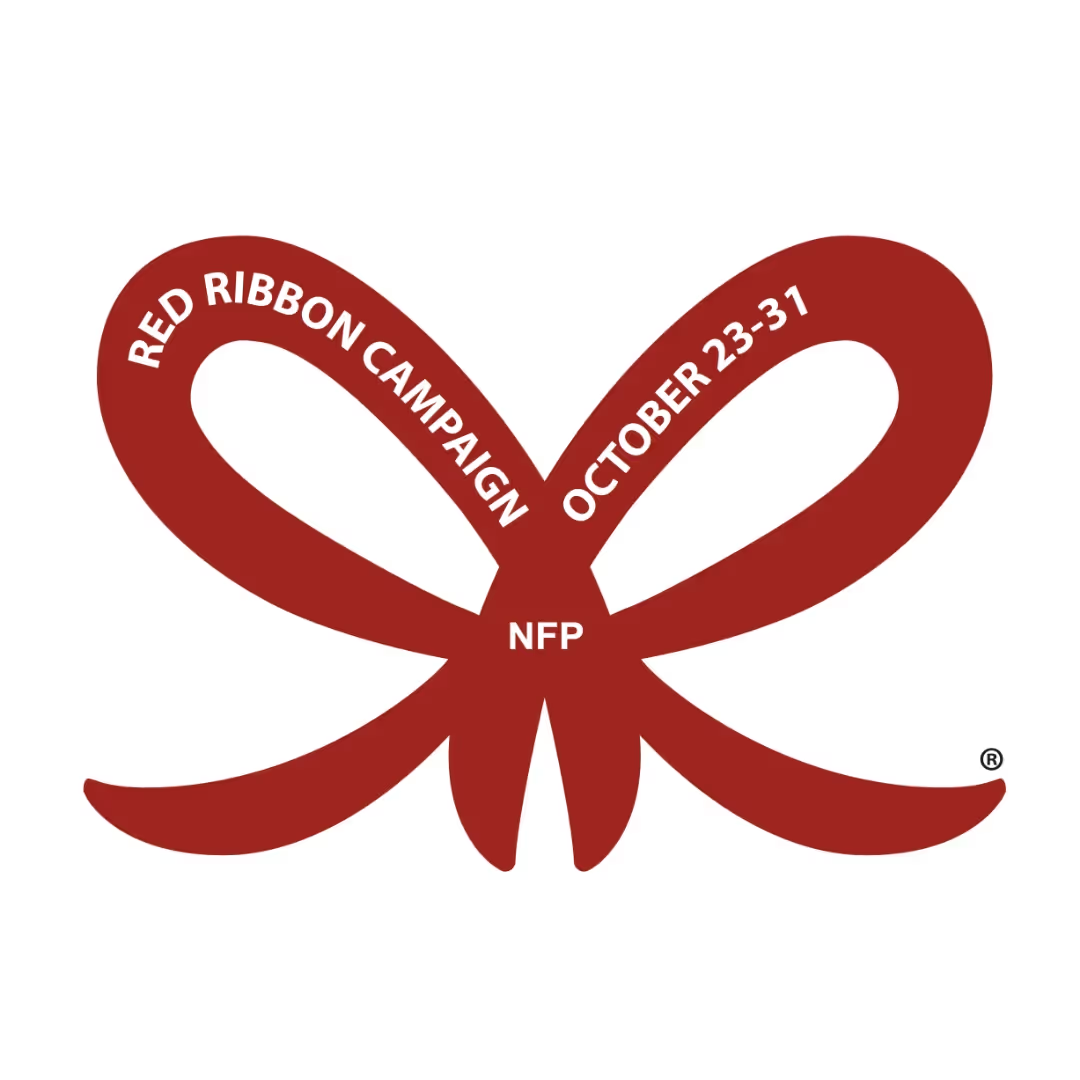


Many of you know that the courts ordered JUUL Labs, Inc. to pay $463 million to six states for their nefarious marketing practices to teens (you can see more about their marketing practices in Screenagers Under The Influence). The ongoing high rate of nicotine use among youth is incredibly sad and problematic. Besides the problems with this practice, a study showed that teens who report using e-cigarettes were 3.5 times more likely to report using cannabis than non-e-cigarettes users.
Today, let's talk about cannabis — or, as teens mainly refer to it, weed. Weed is by far the most common term. “Pot” is rarely used by younger people. I have worked hard in my clinic to refrain from using that word. I also do not use the term marijuana, although that term often gets used in research papers.
Here are four important topics/ questions to discuss with youth in your life:
Many teens tell me the ways that cannabis comes up in their feeds. In Screenagers Under The Influence, we hear these examples:
A high school boy in California says, “People will literally just post them smoking a joint. You'll see a lot of celebrities.”
A teen girl in Seattle says, “Instagram, the explorer page, and there's a shop section, people selling bongs or stuff for marijuana.”
A young man in Oregon says, “Ads for dispensaries.”
Learn more about showing our movies in your school or community!
Join Screenagers filmmaker Delaney Ruston MD for our latest Podcast

Learn more about our Screen-Free Sleep campaign at the website!
Our movie made for parents and educators of younger kids
Learn more about showing our movies in your school or community!
Over the past several years perceived riskiness of cannabis in teens has been declining, yet research reveals that teens who believe that cannabis use has risks are less likely to use it.
Sadly myths prevail. For example, in the study I just mentioned, some teens believed things like “marijuana can help teenagers focus in school” and that “marijuana is safe because it’s natural,” and if they believed these statements, they were more likely to report use.
Therefore discussing the risks of cannabis, and dispelling myths, is a wise practice supported by research. What do kids think when asked this question? Talk about the merits of periodic conversations in which everyone shares science and societal observations regarding cannabis moving forward.
Weed is not the same as it was in our day. For many years cannabis plants have been specially bred to increase THC concentration. THC is the part of the plant responsible for the thoughts and mood changes that happen from cannabis.
The neuroscientist Yasmin Hurd, Ph.D., who is in Screenagers Under The Influence, states:
“Cannabis today is completely different from what it was in the past. The original plant had about two to 4% THC. Today strains of cannabis consumed recreationally can have anywhere from 16 to 24% THC, and can even go up to 80 or 90% THC.”
Learn more about showing our movies in your school or community!
Join Screenagers filmmaker Delaney Ruston MD for our latest Podcast

Learn more about our Screen-Free Sleep campaign at the website!
Our movie made for parents and educators of younger kids
Join Screenagers filmmaker Delaney Ruston MD for our latest Podcast
There are several issues, but today, I’m sharing data from Dr. Sharon Levy, who analyzed responses from a survey given to 14 to 18-year-old teens regarding their experiences using cannabis. Dr. Levy, who is in the Screenagers Under The Influence, is the Director of the Adolescent Substance Abuse Program at Boston Children’s Hospital. She and her team found that 27% of the teens that use cannabis reported experiencing hallucinations. (The actual survey question asked whether they had “seen, felt, or heard things that were not really there.”)
Sharon told me, “When I saw that number come out of the analysis, I thought, wow, who would dream that 27% of kids would say “yes” about hallucinations? We're seeing this more commonly now that the products are more potent.”
In addition, 34% reported feeling “anxious or paranoid.” In total, 43% reported having at least one of those symptoms.
Let me add that this was a small study and was not a nationally represented sample. Yet that said, there is no reason to think these numbers are too far off.
As we’re about to celebrate 10 years of Screenagers, we want to hear what’s been most helpful and what you’d like to see next.
Please click here to share your thoughts with us in our community survey. It only takes 5–10 minutes, and everyone who completes it will be entered to win one of five $50 Amazon vouchers.
Many of you know that the courts ordered JUUL Labs, Inc. to pay $463 million to six states for their nefarious marketing practices to teens (you can see more about their marketing practices in Screenagers Under The Influence). The ongoing high rate of nicotine use among youth is incredibly sad and problematic. Besides the problems with this practice, a study showed that teens who report using e-cigarettes were 3.5 times more likely to report using cannabis than non-e-cigarettes users.
Today, let's talk about cannabis — or, as teens mainly refer to it, weed. Weed is by far the most common term. “Pot” is rarely used by younger people. I have worked hard in my clinic to refrain from using that word. I also do not use the term marijuana, although that term often gets used in research papers.
Here are four important topics/ questions to discuss with youth in your life:
Many teens tell me the ways that cannabis comes up in their feeds. In Screenagers Under The Influence, we hear these examples:
A high school boy in California says, “People will literally just post them smoking a joint. You'll see a lot of celebrities.”
A teen girl in Seattle says, “Instagram, the explorer page, and there's a shop section, people selling bongs or stuff for marijuana.”
A young man in Oregon says, “Ads for dispensaries.”
Over the past several years perceived riskiness of cannabis in teens has been declining, yet research reveals that teens who believe that cannabis use has risks are less likely to use it.
Sadly myths prevail. For example, in the study I just mentioned, some teens believed things like “marijuana can help teenagers focus in school” and that “marijuana is safe because it’s natural,” and if they believed these statements, they were more likely to report use.
Therefore discussing the risks of cannabis, and dispelling myths, is a wise practice supported by research. What do kids think when asked this question? Talk about the merits of periodic conversations in which everyone shares science and societal observations regarding cannabis moving forward.
Weed is not the same as it was in our day. For many years cannabis plants have been specially bred to increase THC concentration. THC is the part of the plant responsible for the thoughts and mood changes that happen from cannabis.
The neuroscientist Yasmin Hurd, Ph.D., who is in Screenagers Under The Influence, states:
“Cannabis today is completely different from what it was in the past. The original plant had about two to 4% THC. Today strains of cannabis consumed recreationally can have anywhere from 16 to 24% THC, and can even go up to 80 or 90% THC.”
There are several issues, but today, I’m sharing data from Dr. Sharon Levy, who analyzed responses from a survey given to 14 to 18-year-old teens regarding their experiences using cannabis. Dr. Levy, who is in the Screenagers Under The Influence, is the Director of the Adolescent Substance Abuse Program at Boston Children’s Hospital. She and her team found that 27% of the teens that use cannabis reported experiencing hallucinations. (The actual survey question asked whether they had “seen, felt, or heard things that were not really there.”)
Sharon told me, “When I saw that number come out of the analysis, I thought, wow, who would dream that 27% of kids would say “yes” about hallucinations? We're seeing this more commonly now that the products are more potent.”
In addition, 34% reported feeling “anxious or paranoid.” In total, 43% reported having at least one of those symptoms.
Let me add that this was a small study and was not a nationally represented sample. Yet that said, there is no reason to think these numbers are too far off.
Sign up here to receive the weekly Tech Talk Tuesdays newsletter from Screenagers filmmaker Delaney Ruston MD.
We respect your privacy.
Many of you know that the courts ordered JUUL Labs, Inc. to pay $463 million to six states for their nefarious marketing practices to teens (you can see more about their marketing practices in Screenagers Under The Influence). The ongoing high rate of nicotine use among youth is incredibly sad and problematic. Besides the problems with this practice, a study showed that teens who report using e-cigarettes were 3.5 times more likely to report using cannabis than non-e-cigarettes users.
Today, let's talk about cannabis — or, as teens mainly refer to it, weed. Weed is by far the most common term. “Pot” is rarely used by younger people. I have worked hard in my clinic to refrain from using that word. I also do not use the term marijuana, although that term often gets used in research papers.
Here are four important topics/ questions to discuss with youth in your life:
Many teens tell me the ways that cannabis comes up in their feeds. In Screenagers Under The Influence, we hear these examples:
A high school boy in California says, “People will literally just post them smoking a joint. You'll see a lot of celebrities.”
A teen girl in Seattle says, “Instagram, the explorer page, and there's a shop section, people selling bongs or stuff for marijuana.”
A young man in Oregon says, “Ads for dispensaries.”

Teens are getting involved in civic action to fight Big Tobacco, which helps reduce screen time while making a real impact. From recent teen-led policy wins and youth advocacy at CADCA to ongoing legal cases questioning how social media platforms hook young users, the post highlights why this moment matters and shares national organizations where teens can get involved.
READ MORE >
This week is Red Ribbon Week, the nation’s longest-running youth drug-prevention program — and I can’t think of a more important time to talk about a new, dangerous substance spreading fast among teens called 7-OH that's derived from the kratom plant.
READ MORE >for more like this, DR. DELANEY RUSTON'S NEW BOOK, PARENTING IN THE SCREEN AGE, IS THE DEFINITIVE GUIDE FOR TODAY’S PARENTS. WITH INSIGHTS ON SCREEN TIME FROM RESEARCHERS, INPUT FROM KIDS & TEENS, THIS BOOK IS PACKED WITH SOLUTIONS FOR HOW TO START AND SUSTAIN PRODUCTIVE FAMILY TALKS ABOUT TECHNOLOGY AND IT’S IMPACT ON OUR MENTAL WELLBEING.
